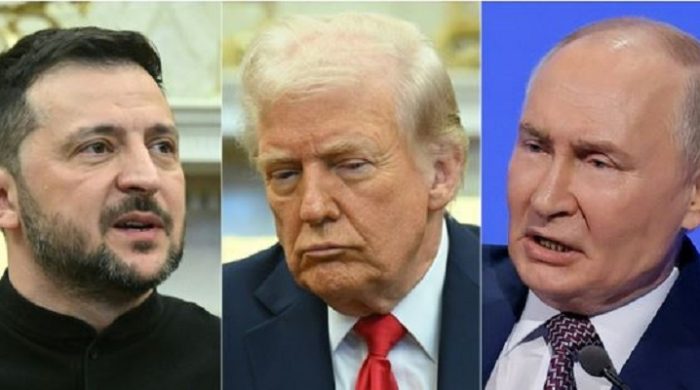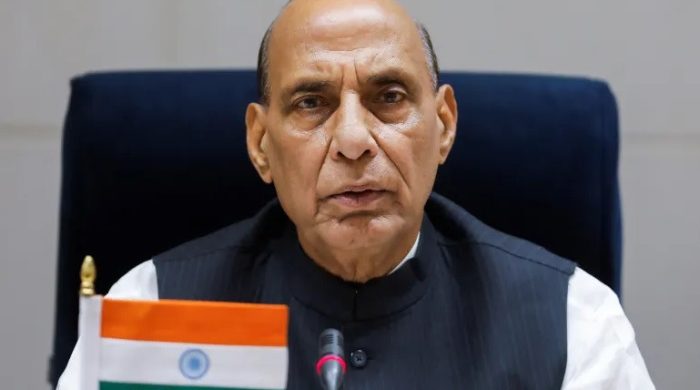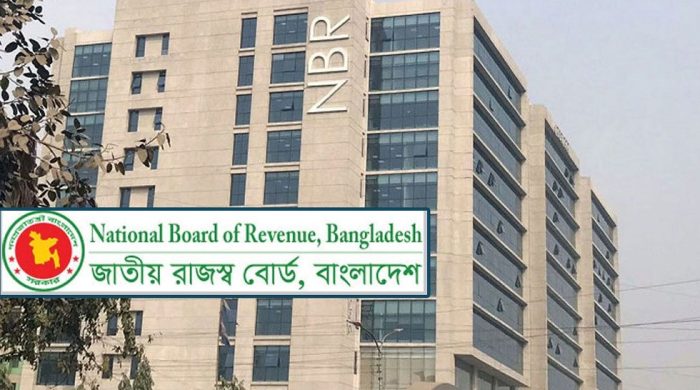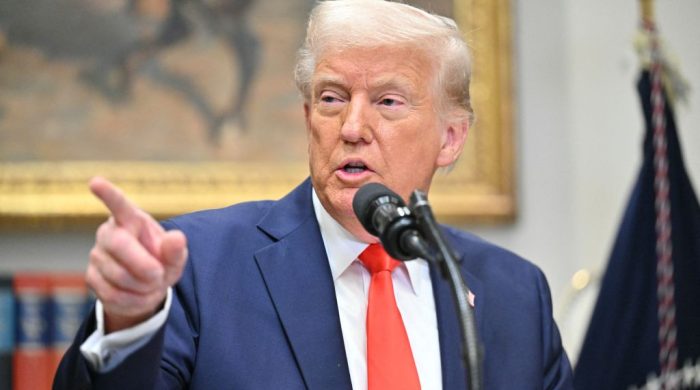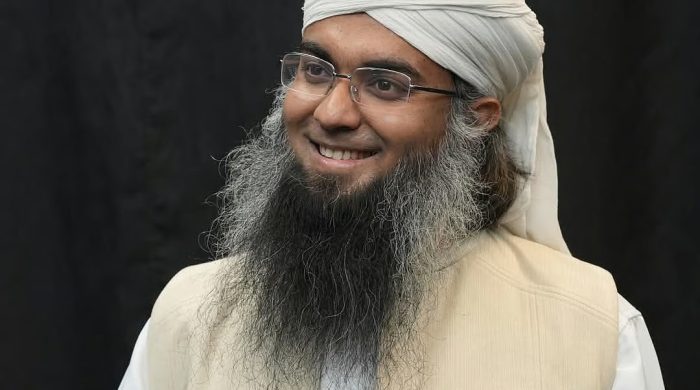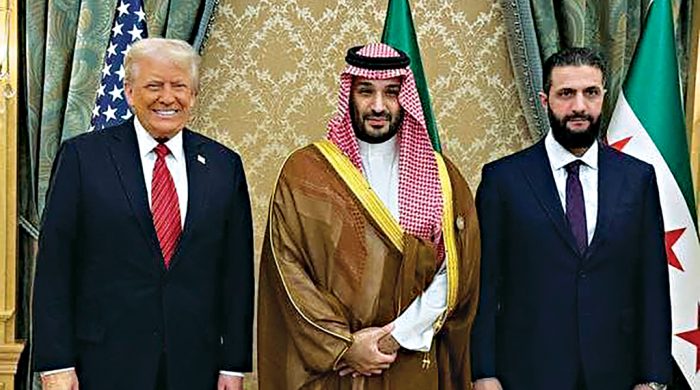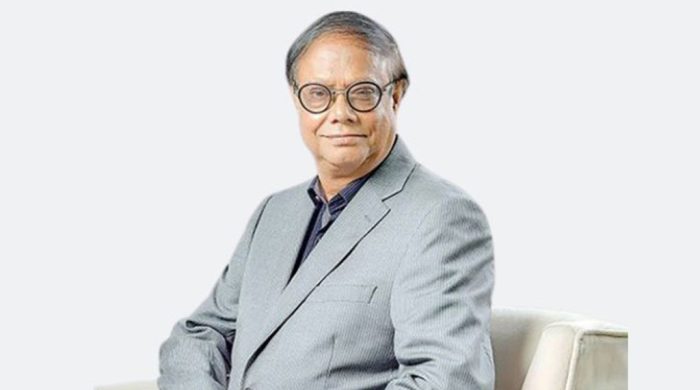Trump II and the Middle East

- Update Time : Sunday, December 1, 2024
- 24 Time View
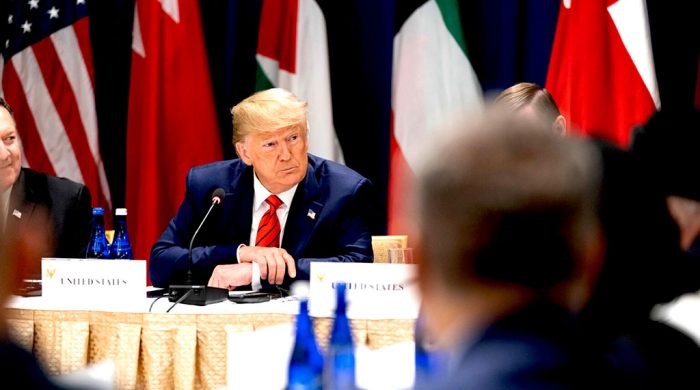
IT IS too early to draw an outline of the Middle East policy of the incoming Trump administration. The cabinet and other senior positions are shaping up, while Democrats are doing their best to badger Arab-Americans for their vote against the Democratic Party.
We can draw on a variety of factors to understand the general direction of Donald Trump’s Mideast policies.
Will Jared Kushner play a role in the new administration? Trump viewed his son-in-law as an in-house Middle East expert not because of his academic credentials or his experience in the region, but purely because of his fanatical attachment to the Likud agenda.
Even if Kushner does not have a formal role in the White House he could, by virtue of his proximity to the president, override decisions by the State Department or other agencies if he deemed them unfavourable to Israeli interests.
But that probably wouldn’t be necessary as Trump is appointing people beholden to AIPAC’s agenda and who in some cases are even more extreme than AIPAC. Some of them are much closer to the West Bank criminal settler movement.
Kushner is likely to play a role because his Abraham Accords are considered by some Democrats (such as New York Times columnist Thomas Friedman) as a great achievement and an example of success by the Trump administration. In fact, political and military developments in the Middle East since October 7 all refute the premise of the Abraham Accords that basically dismissed the political salience of the Palestinian question.
The Kushner plan was predicated on the notion that the Palestinian cause will go away if we ignore it and if we secure peace treaties between Israel and Arab despots. The two most influential Middle East leaders (the despot of Saudi Arabia and the despot of the United Arab Emirates) are very close to Kushner and the two countries, along with Qatar, have contributed generously to his business ventures solely because of his proximity to his father-in-law.
Since Trump’s management of policy is eccentric at best (or informal and unprofessional) it is not unreasonable to consider the possibility of a political role for Massad Boulos, the father of Trump’s other son-in-law, Michael Boulos. Massad has been talking with the president-elect on Middle East policy matters and Trump appointed him as his point man for outreach with the Arab and Muslim American community during the election.
His efforts bore fruit as many Arab Americans in Michigan were persuaded by Boulos that Trump is serious about ending the on-going wars in the Middle East. There’s even a Middle East restaurant owner of Lebanese origin in Dearborn who swore that the president-elect pledged to end the Israeli war on Lebanon.
If Boulos were to play a role on Middle East policy it is likely that he will clash with Kushner over different visions of the Middle East and the U.S. role. Which in-law will Trump favour? In the 2024 election campaign, Boulos seemed to have had a bigger role than Kushner.
Arab hopes and second-term presidents
IN THE Middle East in particular there’s always been illusory hopes that in a second term an American president will be kinder to the Arabs because they are free of the AIPAC yoke.
Some Arabs still believe that the Mossad killed President John F. Kennedy (although there is no evidence of that whatsoever) in order to prevent him from restoring justice to the Palestinians.
Arabs also believed that Richard Nixon, the staunch Zionist who gave Israel all it wanted and more in the 1973 war, was planning to help Arabs in his second term and that Watergate was a Mossad conspiracy to foil his Middle East plans.
The same hopes were pinned on Ronald Reagan, whose second term was as bad as the first when it came to the Middle East.
Bill Clinton in his second term actually betrayed the Palestinians more than he did in his first, especially in the infamous Camp David meeting toward the end of his second term, when he lied to the Palestinian people, pledging that he would not fault the Palestinian Authority’s Yasser Arafat if the talks failed. He then rushed to blame Arafat when they did.
To be sure, Trump is not a regular politician and doesn’t operate according to the norms. But the same constraints are placed on him, if not more than usual.
Talk of a deep state
TRUMP and his advisors talk of the Deep State in reference to the permanent national security state regardless of change in the White House. Former president Barack Obama and Trump both tried to withdraw US troops from Afghanistan and President Joe Biden finally achieved that goal with a lot of controversy and objections by the press, which is largely a guardian of the national security state.
Trump will also likely operate from grudges he’s held since his first term. How will Trump balance the debt he owes Miriam Adelson and his resentment against Benjamin Netanyahu who rushed to congratulate Joe Biden when Trump was still contesting the results of the 2020 election?
Trump has publicly criticised Netanyahu, and he seems resentful that not only Israelis, but also American Jews have not appreciated him enough for all he did for Israel in his first term. He spoke glowingly about Mahmoud Abbas and about his desire for peace — a jab at the Israeli government.
Trump’s aims for the region
HERE is what Trump likely wants to accomplish in the Middle East in his second term:
The profit motive will remain primary in his second term as it was in his first. He wants oil and gas puppets in the Middle East to spend lavishly on US arms and other goods. Those despotic puppets won’t disappoint and don’t demand an exorbitant political payment from the White House outside of military support and looking the other way on democracy and human rights. The Saudi government may, however, out of self-interest, demand increased security guarantees from the US in return for normalisation with Israel.
As Trump won praise for the Abraham Accords, he may invest in their perpetuation and expansion to new members, especially Saudi Arabia, but also others including Lebanon. Obviously Lebanon is the least likely candidate given the solid military opposition to peace with Israel within a large segment of the population.
Liberals and conservatives alike are still convinced even after a year of Israeli genocide, that peace with Arab despots is sufficient to provide stability for the region (which translates as stability for U.S. interests in the region). But Trump will face a hurdle in attempting to bring Saudi Arabia into the Abraham Accords; the Saudi public remains staunchly supportive of Palestinian political rights. And the horrific scenes spread throughout Middle East media of Israeli slaughter of Palestinians, Lebanese, Yemenis and Iraqis have only deepened Arab public detestation of Zionism and its crimes.
But Saudi Arabia is willing — for a price — to lower its political requirements for peace with Israel; and recently the Saudi foreign minister indicated that the government no longer demands the establishment of a Palestinian state as a precondition for peace with Israel but merely a declaration of a pathway to a Palestinian state, i.e. a verbal declaration of sorts to assuage the Saudi public.
he appointment of several staunch Zionists to the new administration could lead to an increase in political concessions from Trump to Israel, adding to those he served them during his first term. U.S. recognition of West Bank annexation appears plausible, though it’s debated within Israel because it would expose the state’s blatant apartheid. The regional and international backlash this would provoke could also disrupt expansion of the Abraham Accords.
It is less likely that Trump will initiate a war in the Middle East as his appetite for war appears far less than that of the Biden-Harris administration. This does not mean, however. that Trump will not support and arm any existing or new Israeli war against Arabs or Iran.
Trump may engage in negotiations with Iran to reach an agreement on its nuclear program. The meeting between Elon Musk and Iranian diplomats in New York (if it happened as Iran has denied it) likely had Trump’s approval. In contrast, Biden wasted four years without pursuing dialogue with Iran, despite the Democratic Party’s backing of the 2015 nuclear agreement. Trump appears less constrained by Washington’s political establishment than Biden, who has consistently aligned with the war-focused Washington agenda. This highlights Trump’s willingness to explore unorthodox diplomatic paths.
We don’t really know what to expect from Trump in his second term. Will he feel emboldened by his decisive victory to distance himself from the agenda of war and aggression of the Deep State or will he continue on the predictable path of hostility to Iran and unconditional support for Israeli aggression?
Trump will inherit dangerous regional conflicts from the Biden administration. Biden has taken the world closer to nuclear war than any previous time since the Cuban Missile Crisis. There will be political rewards for Trump if he were to achieve peace between Russia and Ukraine and to end Israel’s wars in the Middle East. But peace is still a dirty word in both the Democratic and Republican parties’ lexicon.
Consortiumnews.com, November 30. As‘ad AbuKhalil is a Lebanese-American professor of political science at California State University, Stanislaus.



